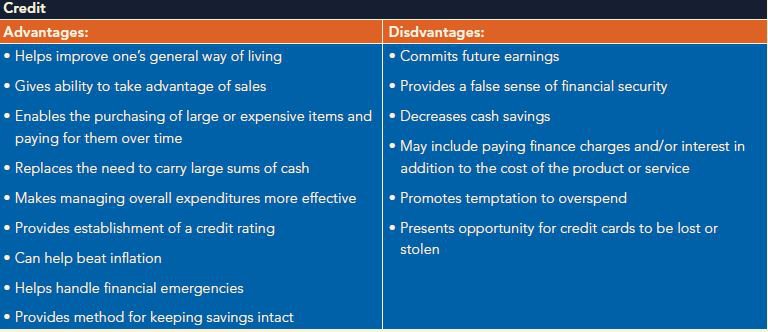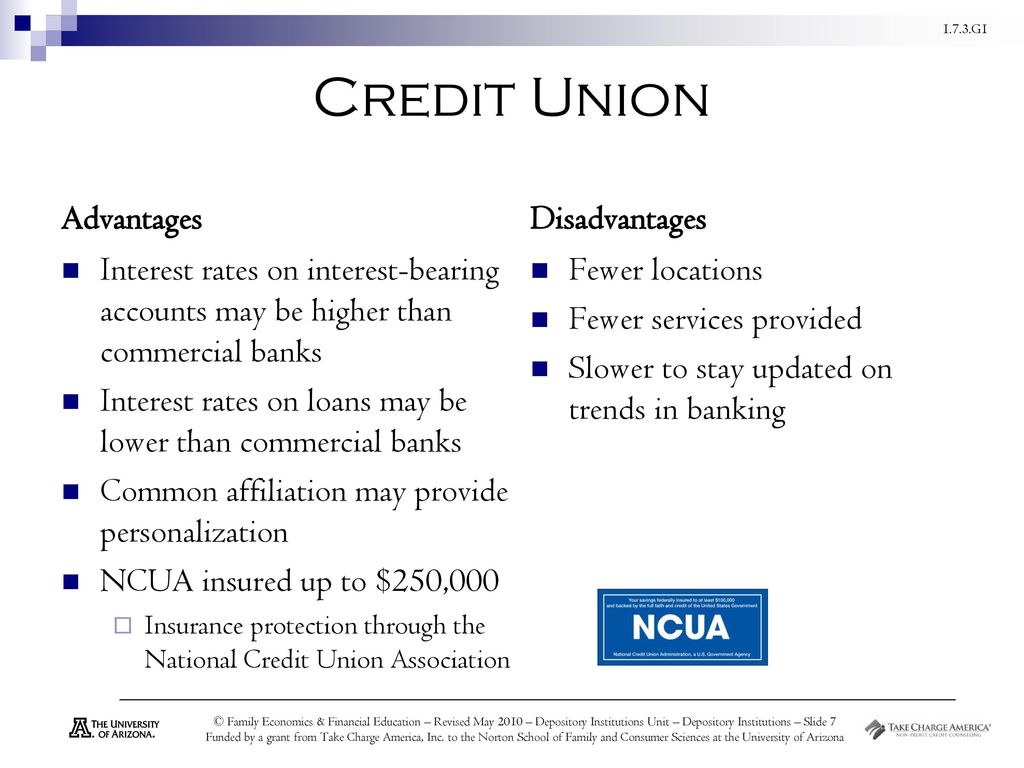Credit Union in Wyoming: Discover the Perks of Member-Focused Financial
Credit Union in Wyoming: Discover the Perks of Member-Focused Financial
Blog Article
The Ultimate Guide to Recognizing Lending Institution

Lending institution stand as unique financial entities, rooted in concepts of mutual assistance and member-driven procedures. Nonetheless, past their foundational worths, understanding the complex operations of cooperative credit union involves a much deeper exploration. Unwinding the intricacies of membership qualification, the advancement of solutions offered, and the distinctive benefits they bring needs a thorough evaluation. As we navigate through the intricacies of cooperative credit union, an informative journey waits for to shed light on these member-focused establishments and just how they vary from standard financial institutions.
What Are Credit Report Unions?
Credit scores unions are member-owned banks that use a series of banking solutions to their members. Unlike traditional financial institutions, lending institution operate as not-for-profit organizations, meaning their key focus is on offering their members instead of making best use of profits. Participants of a debt union normally share a typical bond, such as helping the very same company, belonging to the very same community, or being component of the very same company.
One of the key advantages of lending institution is that they frequently provide higher rates of interest on interest-bearing accounts and reduced rate of interest on finances compared to banks. Credit Unions in Wyoming. This is because credit score unions are structured to profit their participants directly, enabling them to pass on their incomes in the kind of better prices and fewer fees. In addition, credit unions are known for their individualized client service, as they prioritize developing relationships with their participants to comprehend their distinct economic requirements and objectives
History and Development of Cooperative Credit Union
The roots of member-owned financial cooperatives, recognized today as credit history unions, trace back to a time when neighborhoods sought options to typical banking institutions. The principle of lending institution come from the 19th century in Europe, with Friedrich Wilhelm Raiffeisen frequently attributed as the pioneer of the cooperative financial movement. Raiffeisen established the initial identified cooperative credit union in Germany in the mid-1800s, stressing neighborhood assistance and self-help concepts.
The evolution of lending institution continued in The United States and Canada, where Alphonse Desjardins developed the initial credit scores union in Canada in 1900. Quickly after, in 1909, the first united state cooperative credit union was developed in New Hampshire by a group of Franco-American immigrants. These early lending institution operated on the basic concepts of mutual help, democratic control, and member ownership.
Gradually, cooperative credit union have actually expanded in appeal worldwide as a result of their not-for-profit structure, concentrate on serving participants, and providing competitive economic product or services. Today, lending institution play a vital role in the economic market, supplying easily accessible and community-oriented financial alternatives for organizations and people alike.

Membership and Qualification Standards
Subscription at a credit history union is normally restricted to people meeting details eligibility criteria based on the establishment's founding concepts and governing requirements. Some credit scores unions might just serve individuals that live or function in a certain area, while others might be tailored to workers of a particular business or members of a certain association.
Additionally, cooperative credit union are structured as check these guys out not-for-profit organizations, suggesting that their main goal is to offer their participants as opposed to generate revenues for shareholders. This emphasis on member solution usually equates right into even more customized interest, lower charges, and competitive interest rates on lendings and financial savings accounts. By satisfying the eligibility standards and ending up being a member of a cooperative credit union, individuals can access a variety of economic product or services customized to their specific requirements.
Providers and Products Provided
Among the key elements that establishes debt unions apart is the varied series of monetary solutions and items they offer to their members. Debt unions normally give typical financial solutions such as financial savings and checking accounts, financings, and bank card. Participants can additionally take advantage of financial investment solutions, consisting of pension and financial planning help. Many lending institution offer competitive passion prices on interest-bearing accounts and finances, along with reduced charges compared to conventional banks.
Moreover, cooperative credit union frequently give practical online and mobile banking alternatives for members to easily manage their financial resources. They may use benefits such as common branching, enabling participants to access their accounts at other credit report unions throughout the nation. Some lending institution likewise provide insurance products like home, life, and automobile insurance coverage to help participants safeguard their possessions and loved ones.

Advantages of Financial With Cooperative Credit Union
When thinking about banks, checking out the benefits of banking with credit score click site unions discloses one-of-a-kind benefits for participants seeking customized service and competitive prices. One significant advantage of cooperative credit union is their concentrate on personalized consumer solution. Unlike big banks, cooperative credit union are member-owned and prioritize building solid partnerships with their members. This means that lending institution staff commonly have a much deeper understanding of their participants' financial requirements and can use customized remedies to aid them achieve their goals. Furthermore, credit rating unions are understood for using affordable rate of interest on financial savings and lendings accounts. Since they are not-for-profit organizations, lending institution can frequently offer lower financing rates, higher savings rates, and lower charges compared to standard financial institutions. This can lead to significant price financial savings for participants in time. In general, banking with a credit score union can give a much more customized, affordable, and member-centric economic experience.
Conclusion
Finally, lending institution stand apart as member-owned economic institutions that prioritize offering their participants over taking full advantage of earnings. With origins dating back to 19th century Europe, debt unions comply with concepts of shared support and member possession. They supply a range of monetary solutions and items, consisting of traditional banking services, investment choices, and affordable rate of interest. Membership eligibility requirements are certain address and mirror a community-oriented method, supplying customized customer care and a member-centric financial experience.
Credit score unions are member-owned economic establishments that supply an array of financial solutions to their participants. The principle of credit scores unions come from in the 19th century in Europe, with Friedrich Wilhelm Raiffeisen commonly attributed as the leader of the participating financial activity.The advancement of credit history unions continued in North America, where Alphonse Desjardins developed the very first credit history union in Canada in 1900. Credit history unions usually offer traditional financial services such as financial savings and inspecting accounts, car loans, and credit report cards.When considering economic institutions, checking out the advantages of banking with credit rating unions exposes special advantages for participants looking for customized solution and competitive prices.
Report this page